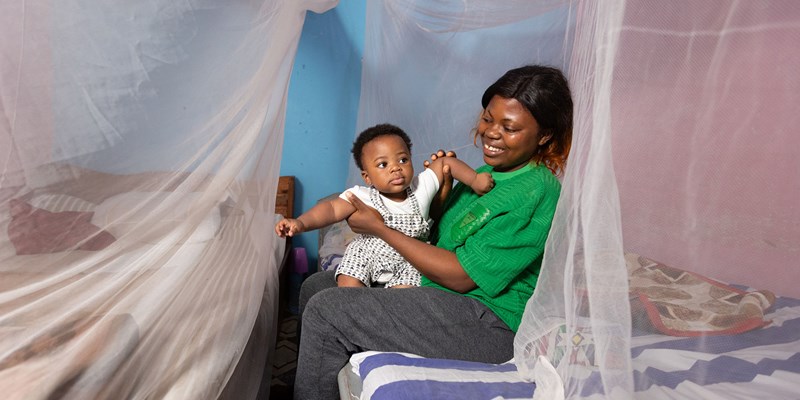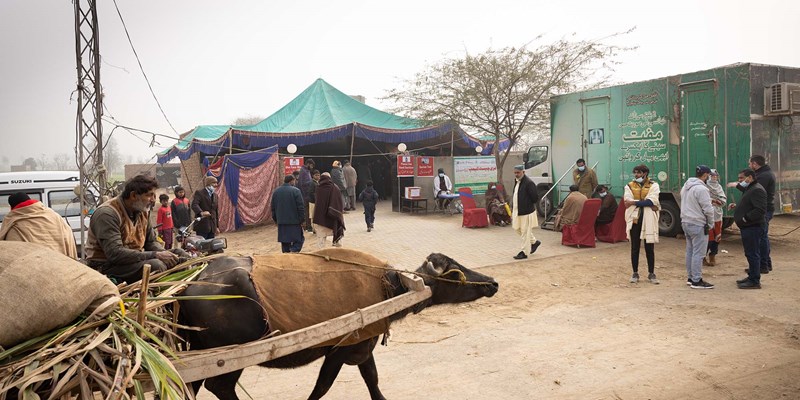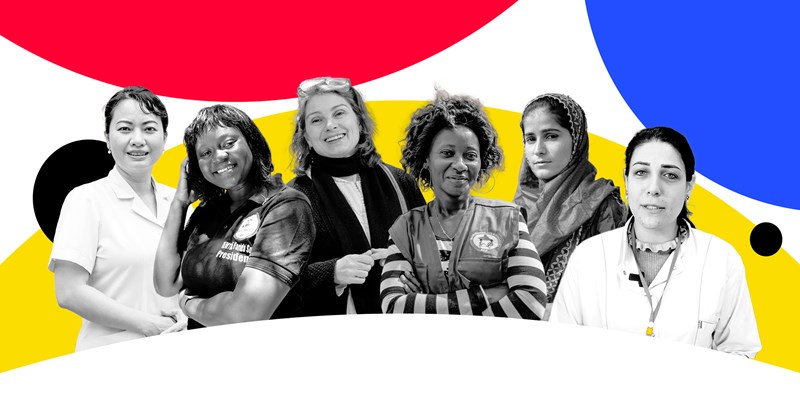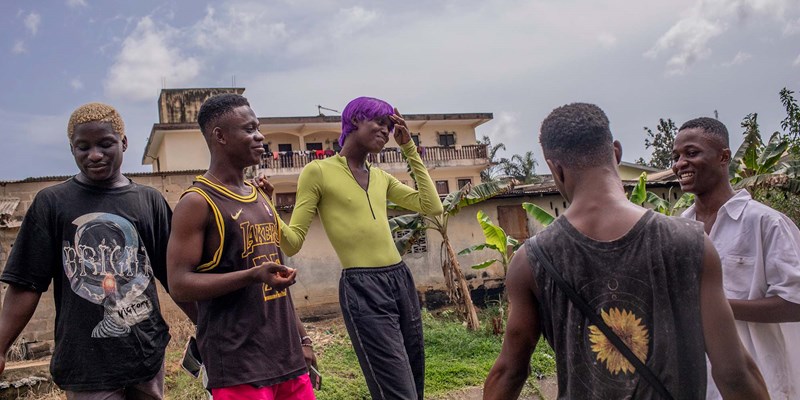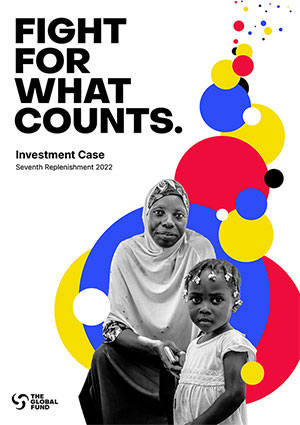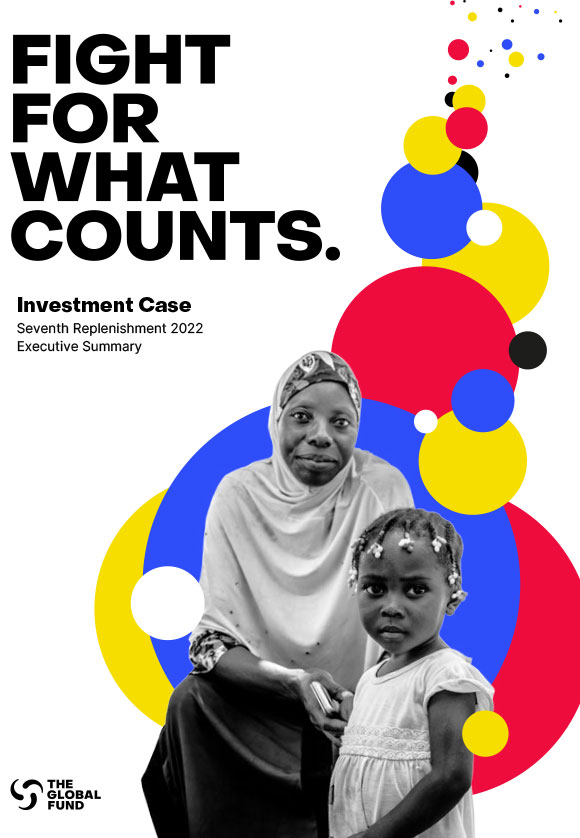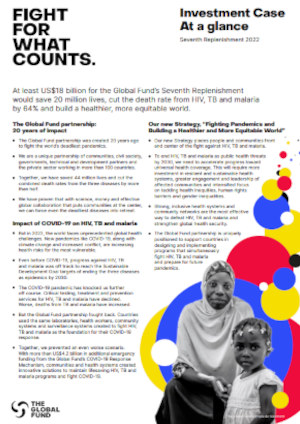Latin America Mobilizes Partnerships in New Funding Model
10 April 2014
QUITO, Ecuador – Civil society, governments and technical partners from Latin America held vibrant and engaging discussions during a regional meeting last week to chart ways to achieve the greatest impact against AIDS, tuberculosis and malaria under the new funding model now being implemented by the Global Fund.
About 200 participants from 13 countries of the region took part, and many voiced agreement that the most effective approach to control and defeat the diseases is by focusing on the most vulnerable populations. The participation of civil society and of key affected populations and the long-term sustainability of programs were big themes at the meeting.
Carina Vance, the Minister of Public Health of Ecuador, urged active participation by people affected by the three diseases.
“The impact against HIV will be achieved not only by budgetary resources, but by social participation and by building policies together,” Vance said.
The new funding model is designed to more fully deliver on the promise of partnership that created the Global Fund in 2002, making more effective grants and with greater impact, so that more people can benefit from prevention, care and treatment. That includes strong country ownership and a focus on human rights.
Cesar Núñez, Director of UNAIDS Regional Support Team for Latin America, said the new funding model was an opportunity to see that marginalized people get prevention and treatment. Fighting discrimination and stigma is essential to defeating the diseases, he said.
“Even today, despite knowing that a person who is receiving HIV treatment does not transmit the disease, there is stigma and discrimination towards them. There is still unfounded fear and rejection,” Núñez said.
According to UNAIDS, 1.5 million people were living with HIV in 2012 in Latin America. New infections decreased by 9 percent from 2001-2012. The epidemic is concentrated, with prevalence much higher among the transgender population, men who have sex with men and female sex workers.
People from civil society, faith-based organizations and groups representing people living with the diseases and key affected populations spoke at the meeting about how the new funding model’s emphasis on country dialogue allows for stronger partnerships and a more inclusive health response.
“Vulnerable populations are part of the solution. They are not the problem,” said Javier Hourcade Bellocq, regional representative from Latin America and the Caribbean of International HIV/AIDS Alliance.
Orlando Montoya of Equidad, an Ecuador-based organization for LGBT rights in the region, added: “We are inverting the pyramid to focus on the vulnerable populations.”
Amira Herdoiza, executive director of Kimirina group, put it this way: “The new funding model will allow us to start seeing the individual little trees that need more attention and not the forest as a whole.”
The Reverend Felipe Adolf, chair of Ecuador’s Country Coordinating Mechanism and president of the Latin American Council of Protestant Churches, described how human rights were a vital component of the response to the diseases.
“Prevention cannot be seen through a prism of religious or political considerations, but through the respect to human rights,” Adolf said.
Under the new funding model’s allocation, the Global Fund will allocate nearly USD$600 million for Latin America and the Caribbean during the 2014-2016 period, which exceeds the amount the region received in the last four years.
Mirta Roses Periago, Global Fund Board Member for Latin America and the Caribbean, encouraged countries to prioritize investments and coordinate them with national plans and strategies for health.
“We have a great opportunity to implement programs with a great impact,” Roses Periago said.
Participants from Bolivia, Colombia, Costa Rica, Cuba, Guatemala, Honduras, Nicaragua, Panama, Paraguay, Peru, Dominican Republic, El Salvador and Ecuador brought their views to the table on how to optimize funding - along with their distinct accents of Spanish. For three days, Andean and Caribbean cadences mingled along with indigenous intonations.
El Salvador, one of the first three applicants to participate in the new funding model, shared its experiences as an early applicant for those countries that will soon start the process of putting together a concept note.
“Here is the one lesson I bring,” said Ana Isabel Nieto, coordinator for El Salvador’s National Program on HIV/AIDS and President of the Regional Coordination Mechanism for Central America.
“Don’t leave the responsibility of fighting the diseases to the donor countries. Each one of our countries should take the responsibility,” Nieto said.
